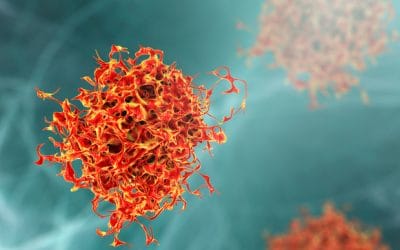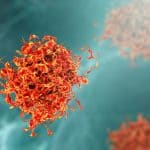It is the first gene therapy to be directly administered into the brain to treat aromatic L-amino acid decarboxylase (AADC) deficiency
Both the European Medicines Agency (EMA) and the Committee for Medicinal Products for Human Use (CHMP) has recommended PTC Therapeutic’s gene therapy, Upstaza (eladocagene exuparvovec), for patients 18 months and older with aromatic L-amino acid decarboxylase (AADC) deficiency.
It marks Upstaza as the first gene therapy directly administered into the brain recommended for approval, and also the first approved disease-modifying treatment for AADC deficiency.
The opinion is based on findings of clinical studies conducted in Taiwan, alongside data from the compassionate use treatment of patients in Europe.
AADC deficiency is a fatal, rare genetic disorder that typically causes severe disability and suffering from the first months of life. The disorder impacts all areas – physical, mental and behavioural – while suffering may be exacerbated by episodes of distressing seizure-like oculogyric crises. These can happen daily and last for hours.
“We are thrilled with the positive opinion from the CHMP, and are eager to bring Upstaza to patients living with AADC deficiency,” said Stuart Peltz, CEO at PTC Therapeutics. “Upstaza will be the first marketed gene therapy that is directly administered into the brain, the first gene therapy approved in a major market in several years, the third gene therapy that is on the market now, and only the fourth in vivo gene therapy ever approved.
“It’s important for the biotech community to have gene therapy products achieving approvals at regulatory bodies, as well as it being an important milestone for PTC that will help us build the gene therapy franchise and grow our revenue base,” he added.
There is no disease-modifying treatment approved for AADC deficiency, and the lives of affected children are both severely impacted and shortened. The use of many different medications currently only helps to manage symptoms. Ongoing physical, occupational and speech therapy, alongside interventions including surgery, are also often required to manage potentially life-threatening complications of the disorder.
PTC now expects the European Commission to ratify the marketing authorisation for Upstaza under exceptional circumstances in approximately two months.










